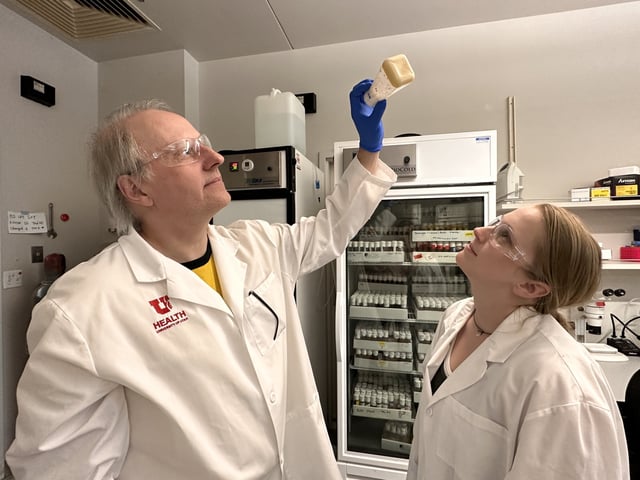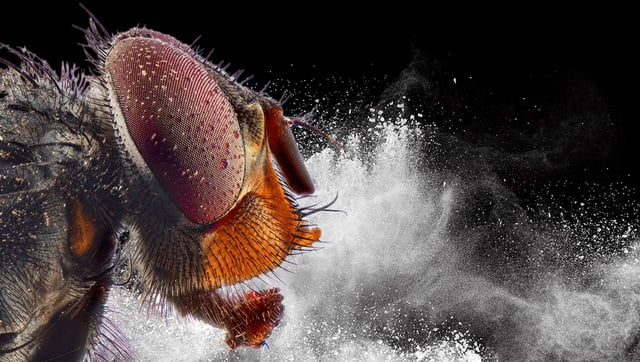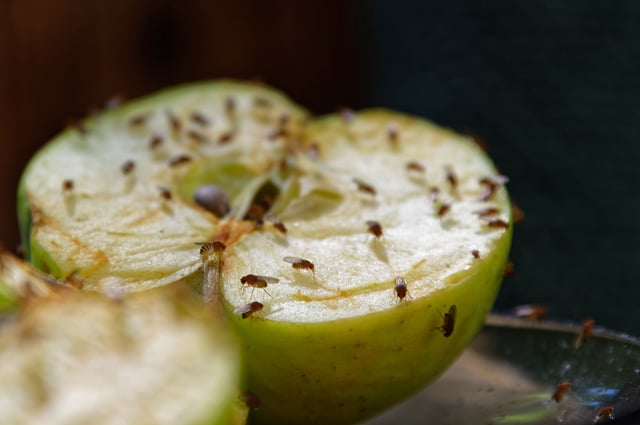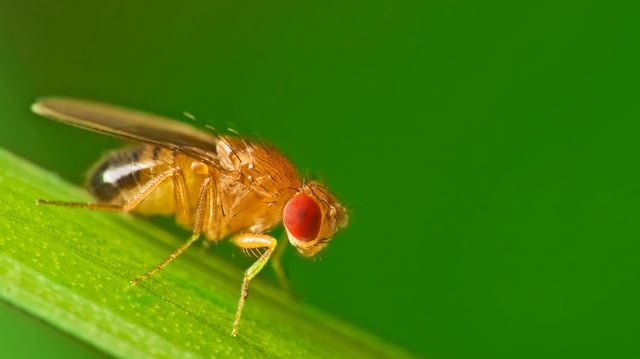Overview
- Researchers have engineered fruit flies that willingly self-administer cocaine, marking the first insect model of addiction.
- By muting bitter taste receptors, the flies develop a cocaine-laced sugar water preference within 16 hours of first exposure.
- The model mirrors human drug responses, triggering increased locomotion at low doses and incapacitation at high doses.
- With their short lifecycle and genetic similarity to humans, fruit flies allow high-throughput screening of addiction risk genes.
- The platform sets the stage for faster discovery of genetic targets and therapies for the 1.5 million Americans affected by cocaine use disorder.



